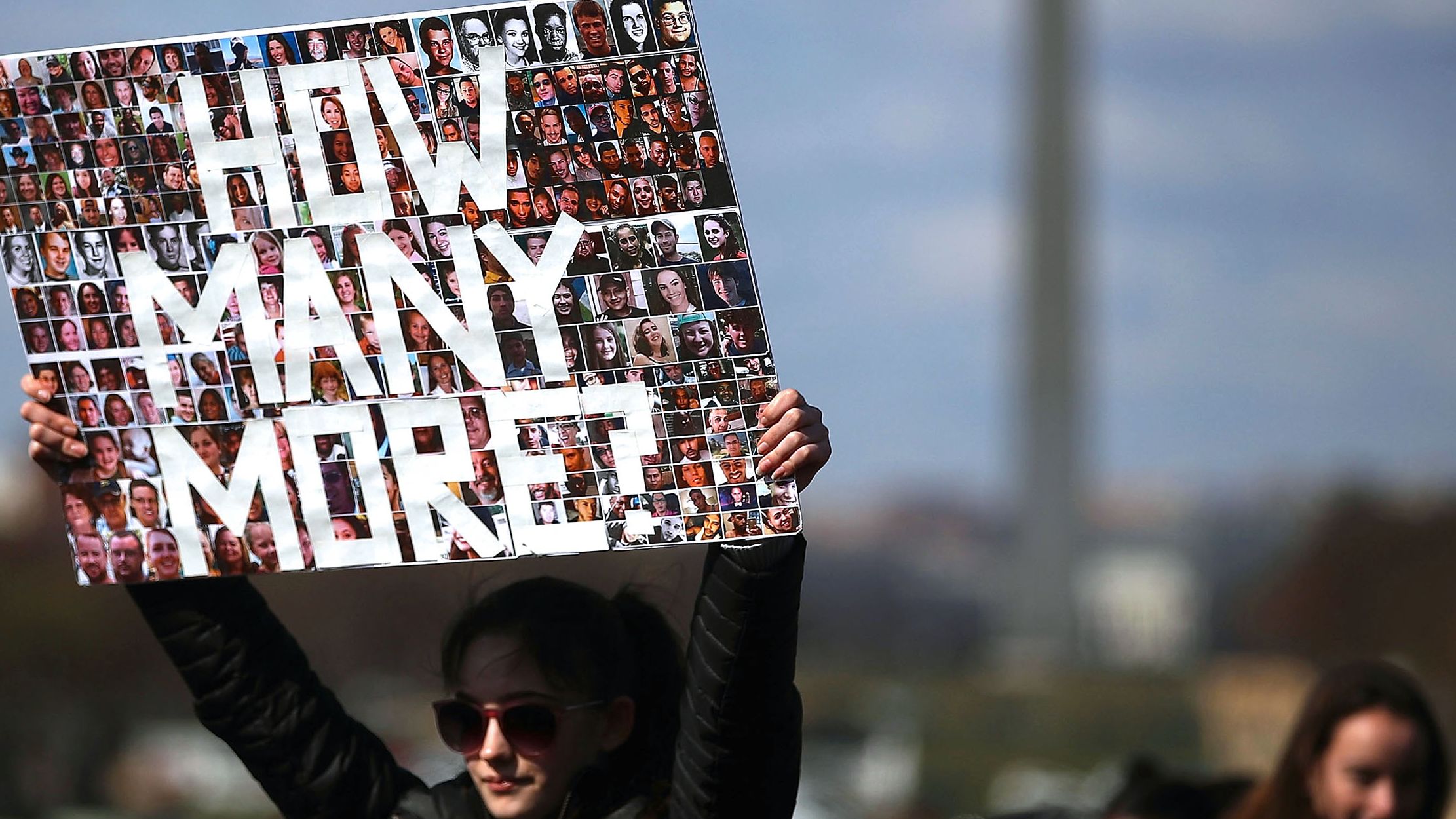When You Can’t Rely on Your College for the Mental Health Help You Need
One in five students have thought about suicide in the past year, according to a recent study.


What do you do when your college's mental health center can't keep up with the number of students seeking help? One in three college freshman in eight countries experience symptoms "consistent with a diagnosable mental health disorder," according to research published in 2018 by the American Psychological Association, and one in five college students surveyed in a 2018 Harvard Medical School study contemplated suicide in the last year.
But many mental health centers on campuses across the country are "overtaxed, understaffed, and underprepared," to handle that high volume, according to Thrive Global, Arianna Huffington's startup dedicated to "behavior change" to lower stress and enhance well-being.
In a new series addressing the mental health crisis, Thrive claims top student-complaints about their campus mental health centers include long wait times for "initial and follow-up appointments (up to 5 weeks in some cases), a short-term model of service that can’t accommodate those with more serious, ongoing mental health issues, caps on the number of therapy sessions students are allotted (anywhere from 6 to 12), and forced medical leave for students with more severe mental illnesses."
Schools are taking action to address these problems, like "expanding or eliminating caps on sessions, extending hours of operation, hiring case managers to help students navigate things like insurance and making appointments with off-site therapists, employing more clinicians...and providing alternative forms of counseling like group therapy," according to Thrive. Many schools have also designed emergency response directives to help guide faculty, staff, RAs, peer counselors, and fellow students assist students in crisis.
At UCLA, the Mindwell Program pushes campaigns to educate students about the importance of getting eight hours of sleep and providing “nap maps,” to show students where they can catch a nap on campus.
As @KimFulcher writes, feeling passionate and purposeful in life doesn't just happen -- we can make it happen. https://t.co/dsahaxfeUbOctober 9, 2018
Those solutions are all great, but there's still a lot to do. Ben Locke, Ph.D., senior director at Penn State’s Counseling & Psychological Services (CAPS), told Thrive that “huge and increasing demand for services” can no longer be ignored. He said, “The lack of planning ahead for growing service capacity is producing a supply and demand problem.”
Apps are stepping up to fill the gaps, as well. Buddy Project is one example—it's a socially-driven digital support community that pairs teens and young adults with a buddy to meet needs in real time.
Get exclusive access to fashion and beauty trends, hot-off-the-press celebrity news, and more.
“All of these efforts are part of a larger solution,” Locke adds. "The first step is recognizing that we spent 15 years trying to convince college students to utilize mental health resources, and now we have to live up to our side of the bargain.”
If you are having thoughts of suicide, please call the National Suicide Prevention Hotline at 1-800-273-8255.
You can read Thrive's report into the surprising reasons behind the student mental health crisis here.
RELATED STORIES


Rose is a Staff Writer at ELLE covering culture, news, and women's issues. She is an accomplished and compassionate storyteller who excels in obtaining exclusive interviews and unearthing compelling features.
